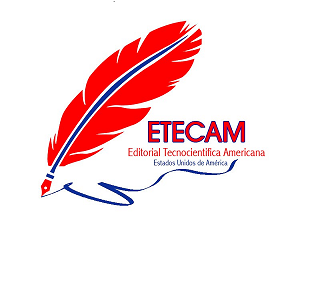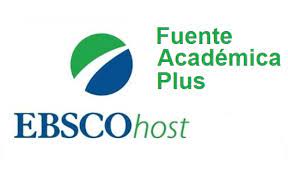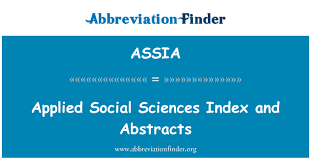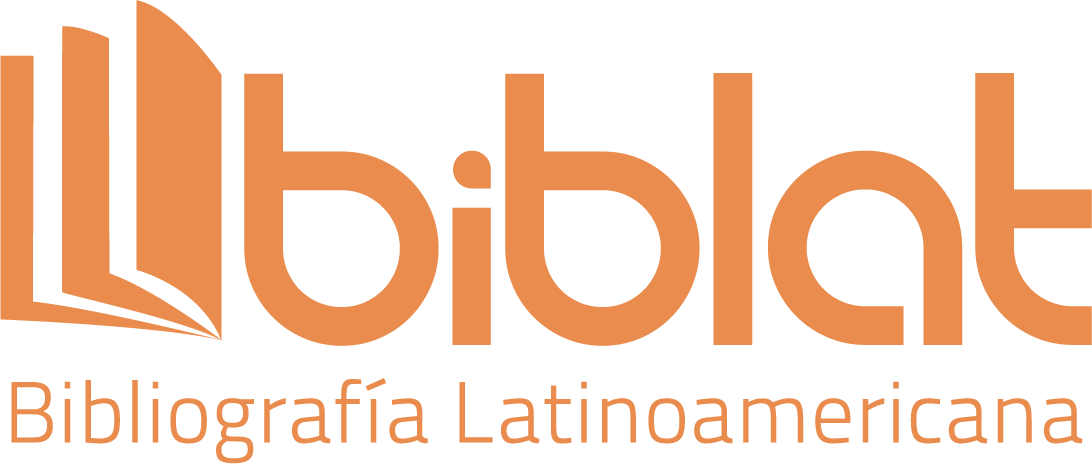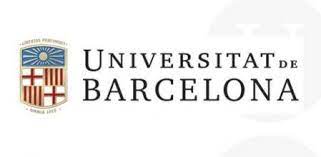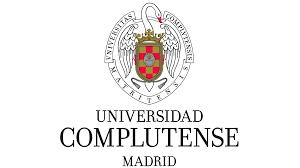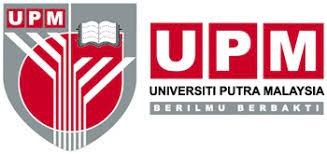Pedagogical support for families with low school education to attend to the school life of their children
DOI:
https://doi.org/10.51736/sa.v7iEspecial%203.268Keywords:
low school education; pedagogical support; family; EGB; strategy.Abstract
Teachers play a fundamental role in the educational training of students, but collaboration between teachers and families is crucial for children's academic success. When families actively participate in their children's learning process, a valuable support system is created that promotes academic progress and promotes interest in learning. Just as students need guidance in the classroom, it is beneficial to guide families on how they can better support their children, especially for those with low school education. The objective of this research is to develop a strategy to guide pedagogical support for families with low school education to attend to the school life of their children. The research was part of the qualitative-quantitative research model with a type of phenomenological research. As a technique, the interview was used and as an instrument, the questionnaire was applied to the population under study, consisting of parents of two groups of fourth year Basic General Education in Ecuador (EGB) in an educational unit in Ecuador. Posttest results indicate widespread progress in multiple areas of students' academic, social, and personal development, suggesting that the pedagogical accompaniment program has been effective in its goal of promoting students' overall success and well-being. . The proposed strategy was evaluated by expert criteria as Very relevant.
Downloads
References
Blömeke, S., Suhl, U., Kaiser, G., & Döhrmann, M. (2012). Family background, entry selectivity and opportunities to learn: What matters in primary teacher education? An international comparison of fifteen countries. Teaching and Teacher Education, 28(1), 44-55. https://www.sciencedirect.com/science/article/pii/S0742051X11001004
Cairney, T., & Ashton, J. (2002). Three families, multiple discourses: Parental roles, constructions of literacy and diversity of pedagogic practice. Linguistics and education, 13(3), 303-345. https://www.sciencedirect.com/science/article/pii/S089858980200089X
Caldin, R. (2014). Inclusive social networks and inclusive schools for disabled children of migrant families. Alter, 8(2), 105-117. https://www.sciencedirect.com/science/article/pii/S1875067214000169
Criollo Suntasig, C. B., & Taco Bombón, A. M. (2018). El acompañamiento pedagógico familiar en el proceso de enseñanza-aprendizaje Latacunga: Universidad Técnica de Cotopaxi; Facultad de Ciencias Humanas y …]. http://repositorio.utc.edu.ec/handle/27000/4579
Chávez, H., Torres, J., & Albornoz, V. C. (2021). La mediación en el acompañamiento de estudiantes y padres de familia en un contexto digital. Revista Innova Educación, 3(2), 335-348. https://dialnet.unirioja.es/servlet/articulo?codigo=8054638
Flórez, G., Villalobos, J., & Londoño, D. (2017). El acompañamiento familiar en el proceso de formación escolar para la realidad colombiana: de la responsabilidad a la necesidad. Psicoespacios: Revista virtual de la Institución Universitaria de Envigado, 11 (18), 94–119. https://dialnet.unirioja.es/servlet/articulo?codigo=5893097
Francis, G. L., Kilpatrick, A., Haines, S. J., Gershwin, T., Kyzar, K. B., & Hossain, I. (2021). Special education faculty decision-making regarding designing and delivering family-professional partnership content and skills in the US. Teaching and Teacher Education, 105, 103419. https://www.sciencedirect.com/science/article/pii/S0742051X21001438
Jovés, P., Siqués, C., & Esteban-Guitart, M. (2015). The incorporation of funds of knowledge and funds of identity of students and their families into educational practice. A case study from Catalonia, Spain. Teaching and Teacher Education, 49, 68-77. https://www.sciencedirect.com/science/article/pii/S0742051X15000414
Kong, S.-C., & Wang, Y.-Q. (2024). The impact of school support for professional development on teachers' adoption of student-centered pedagogy, students’ cognitive learning and abilities: A three-level analysis. Computers & Education, 215, 105016. https://www.sciencedirect.com/science/article/pii/S0360131524000307
Kong, S. C. (2015). An experience of a three-year study on the development of critical thinking skills in flipped secondary classrooms with pedagogical and technological support. Computers & Education, 89, 16-31. https://www.sciencedirect.com/science/article/pii/S0360131515300373
Li, Y., & Flowerdew, J. (2020). Teaching English for Research Publication Purposes (ERPP): A review of language teachers’ pedagogical initiatives. English for Specific Purposes, 59, 29-41. https://www.sciencedirect.com/science/article/pii/S0889490620300156
Published
How to Cite
Issue
Section
License
Copyright (c) 2024 Nelly Katiusca Quintero Saltos, Diana Magdalena Meza Bravo, Evelyn Jazmín Henríquez Antepara, Giselle Aurelia Rodríguez Caballero

This work is licensed under a Creative Commons Attribution-NonCommercial-ShareAlike 3.0 Unported License.













